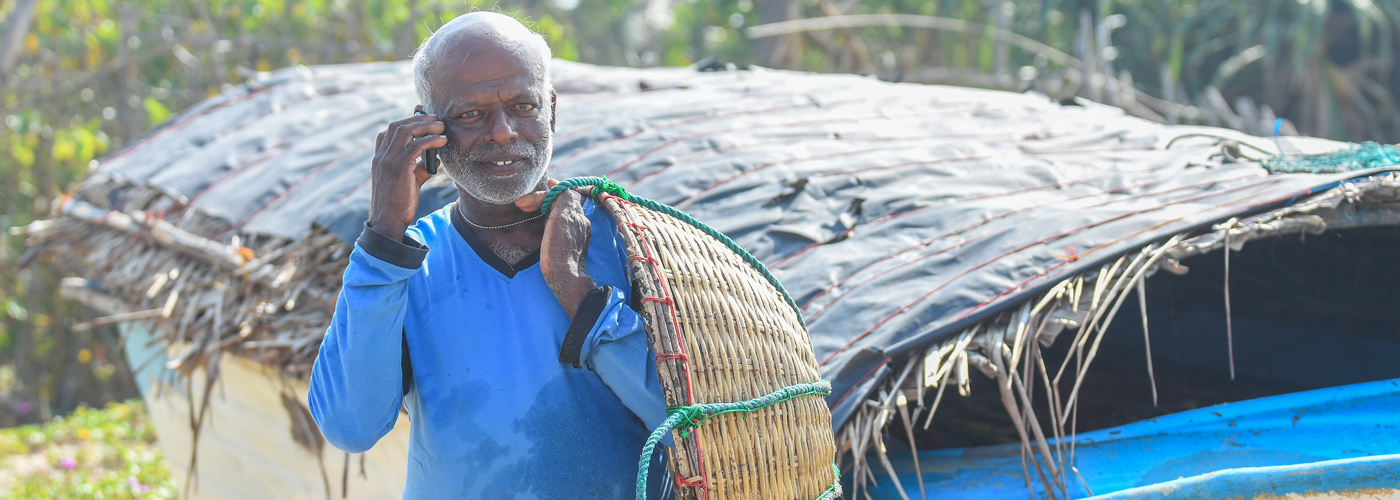Digital Inclusion
Having served the nation as the leader in mobile telecommunications and having carved a robust footprint and market presence in Sri Lanka’s Fixed Telecommunications and Digital Television markets, Dialog’s journey to break barriers, and create social value for the masses continues at a greater pace than ever before. With landscape of communications evolving at a near exponential rate, the challenges faced in enriching lives are constant and ever-evolving. Therefore, providing access to services and content over new platforms that are more convenient for customers and introducing innovative new technologies that focus on bridging social gaps is of utmost importance.
While technological improvements have immensely improved the lives of the urban citizens, they have arguably had their most meaningful impact in the more remote regions, with the citizens who are still peripheral to what a “mainstream user” is defined as. Having built upon the 4A’s – Accessibility, Affordability, Availability and Applicability – principles that have guided Dialog throughout its digital inclusion journey, the Company hopes that its inclusivity-oriented innovations and services have helped close the digital gap and have welcomed millions more Sri Lankans into a digitally empowered lifestyle.
Dialog’s Digital Inclusion strategy follows a 4-pillar structure, with products focusing on the following stakeholders:
- Agricultural Communities
- Women
- Persons with Disabilities
- Coastal Communities
The strategy was developed by studying the national socio-economic landscape to determine key issues or gaps that exist across society, and then consolidating these with the Company’s and Axiata Group priorities. A lot of effort was placed to align digital inclusion projects with key global initiatives as well – the fight to combat climate change and develop climate resilience being one of them. Incorporating attributes related to assisting in response and recovery across the 4 pillars was a challenge, where Dialog chose to follow the GSM Association’s model of climate change mitigation when developing its portfolio.
A high-level view of Dialog’s Digital Inclusion strategy and the key social issues which it aims to tackle across each key stakeholder group are as follows:
Agricultural Communities
- Increasing farmer efficiency – for business-oriented entrepreneurial farmers
- Connecting buyers and sellers
- Interaction and Advisory for higher yields
- Information Dissemination towards enhanced crop management
Women
- Empowering women through awareness creation, capacity building and access to information
- Promoting Good Health practices
- Providing safety and security through digital services
Differently-abled persons
Providing support and enhancing the livelihoods through digital interventions for those with:
- Motor difficulties
- Speech difficulties
- Hearing difficulties
- Sight difficulties,
Coastal Communities:
- Safety of those involved in maritime fishing activities
- Increased catch efficiency
- Promoting sustainable consumption
- Reducing environmental degradation
Govi Mithuru mAgri Service

Yeheli Expert Advisory Service

Saru Protected Agriculture Automation Kit

Sayuru Coastal Early-Warning System

Vaayu Air Quality Monitoring Network

Saviya Dairy Advisory Service

Diriya SME Knowledge Portal

Athuru Mithuru


